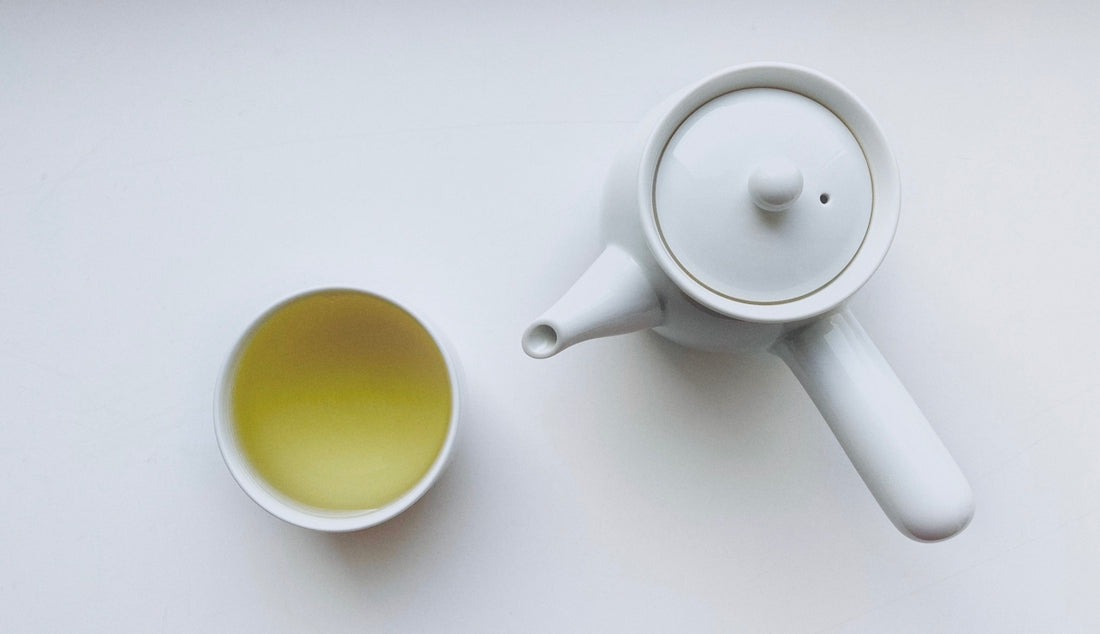
The Health Awards: Oolong Tea vs Green Tea
When it comes to choosing a healthy beverage with beneficial properties, two popular contenders often come to mind: oolong tea and green tea. Both teas boast numerous health benefits and have captured the interest of tea enthusiasts worldwide. But which of the two takes the prize in the health awards show? In this comprehensive post, we delve into the distinctive features of oolong tea and green tea, comparing their benefits, flavors, and which might suit your palate and lifestyle.
Keyword Focus: oolong tea caffeine, oolong tea vs green tea
The Historical Roots of Oolong and Green Tea
Tea has a rich history that winds back thousands of years, particularly in Asia, where it has become an integral facet of culture and tradition.
- Oolong Tea: Originating in China, oolong is a semi-oxidized tea situated between green and black tea in terms of oxidation levels. Oolong tea features prominently in the Chinese tea culture and is revered for its complex flavor profile. Notably, the Wu Ye Dancong exemplifies this diversity, offering floral notes that complement its warm undertones. For those seeking an adventurous tea-tasting experience, exploring oolong varieties is a journey in itself.
- Green Tea: With roots tracing back to China and making its mark in Japan too, green tea is renowned for its vibrant, grassy flavor and is often synonymous with health and wellness. This tea is unoxidized, preserving its natural green color and nutrient profile, which many believe contribute to its energizing and rejuvenating qualities.
Oolong Tea vs Green Tea: Health Benefits
Oolong Tea
Oolong tea offers a variety of health benefits:
- Cardiovascular Health: Regular consumption may be associated with reduced risks of heart disease. Polyphenols in oolong can help improve heart health markers.
- Weight Management: Oolong tea caffeine is believed to enhance metabolic rate and improve fat oxidation, assisting in weight management efforts.
- Dental Health: Some studies suggest that oolong tea may help prevent tooth decay.
- Blood Sugar Regulation: Oolong tea has been suggested to support healthy blood sugar levels.
Explore the aromatic Honey Orchid Dancong Oolong Tea for an exquisite oolong experience that combines taste with potential wellness benefits.
Green Tea
Green tea is celebrated for its impressive health advantages:
- Antioxidant Powerhouse: Green tea is rich in catechins, particularly epigallocatechin gallate (EGCG), which are powerful antioxidants that protect cells from damage.
- Cognitive Function: The combination of caffeine and L-theanine in green tea offers a balanced boost, potentially enhancing brain function.
- Skin Health: Its anti-inflammatory properties can contribute to healthier-looking skin.
- Cancer Prevention: Some research points to green tea’s potential in reducing the risk of certain types of cancer, although more studies are needed.
Oolong Tea Caffeine vs Green Tea Caffeine
For many tea drinkers, caffeine content is a pivotal factor in deciding their preferred beverage.
- Oolong Tea Caffeine: This tea has a moderate caffeine content which means it provides a gentle and gradual energy lift without the jitters, ideal for those who are sensitive to caffeine. However, the exact content can vary significantly depending on the type and preparation.
- Green Tea Caffeine: Lower in caffeine compared to black tea and coffee, green tea offers a mild alertness suitable for those looking to reduce their caffeine intake while still enjoying a boost in energy.
For an adventurous and varied experience in tea, consider trying out the The Explorer's Journey Box - A Diverse Tea Experience, which includes both oolong and green tea along with other unique varieties.
Flavor and Aroma: Oolong Tea vs Green Tea
The essence of tea appreciation often lies in its taste and aroma.
- Oolong Tea: With a mesmerizing array of flavors ranging from floral and fruity to woody and nutty, oolong offers a dynamic tasting experience. Varieties like the Fruit-Cinnamon Rock Tea embody the depth and richness of oolong tea, offering a unique sensory delight with every cup.
- Green Tea: Known for its refreshing and clean taste, green tea carries grassy, vegetal notes often accompanied by a subtle sweetness or astringency. Its aroma is typically light but invigorating, making it a perfect choice for those who appreciate simplicity intertwined with elegance.
Sustainability and Brews to Suit Your Mood
Our planet is in dire need of support from environmentally conscious choices, and enjoying tea does not have to be an exception. Choosing sustainable tea options respects both the earth and the rich traditions of tea cultivation. Innovative products like the Tea Remix Lab - Create Your Unique Tea Blend enable users to experiment with creating personalized blends, easily integrating sustainable practices into their daily routine.
Conclusion: And the Winner Is…
When it comes to the health battle between oolong and green tea, each boasts a suite of distinct benefits and flavors that suit different preferences and lifestyles. While green tea remains a reliable favorite for those seeking potent antioxidants and a delicate taste, oolong is celebrated for its rich and varied flavors, along with health perks like enhanced metabolism.
Ultimately, the decision between oolong tea vs green tea rests on what individual benefits you most value and which taste aligns with what your palate craves. Both options ensure a journey of flavor and wellness that is uniquely yours to savor.
Explore these enchanting teas further and deepen your exploration by visiting TeaStart, where you can discover a variety of products, enhancing your tea journey.
Happy steeping!
